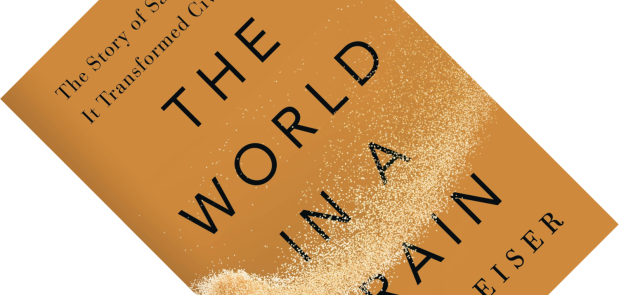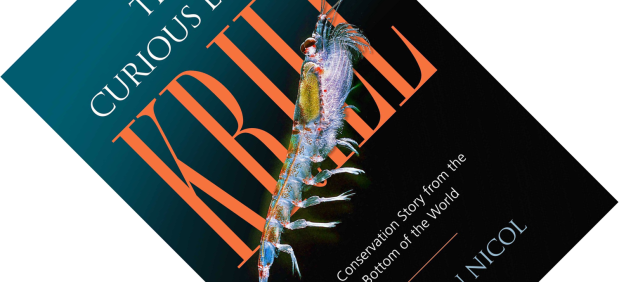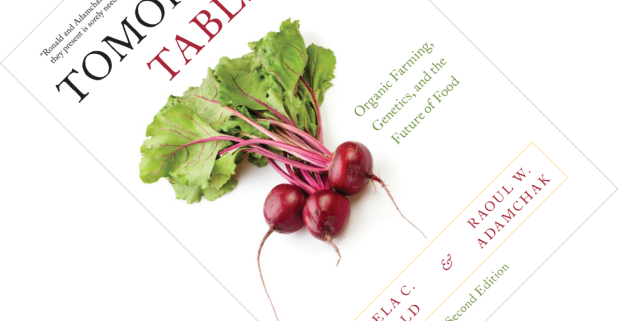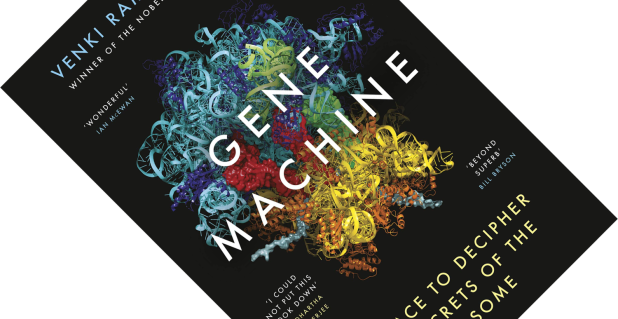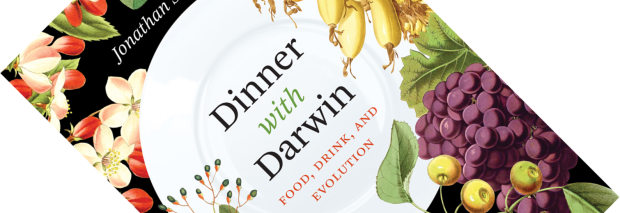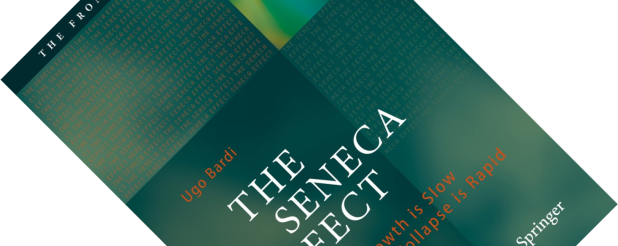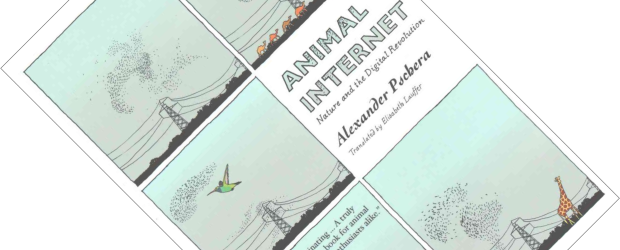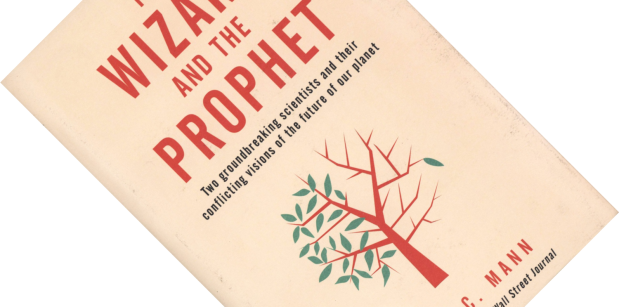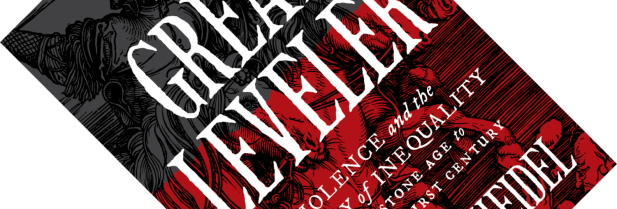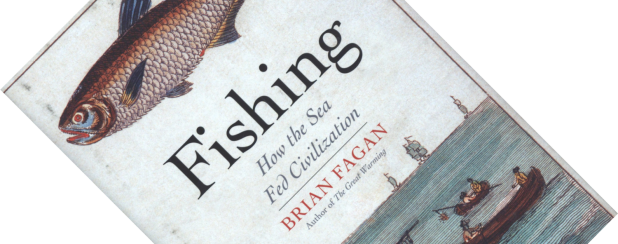Human civilisation is hungry for many resources, and I feel that there is a general awareness that we are taking more than the planet can provide. Deforestation, overfishing, fossil fuel exploitation – I’d like to think these are all familiar concepts. But who knew that we have a sand crisis looming in our near future? Journalist Vince Beiser has written a hard-hitting reportage that convinces that, despite its ubiquity, even humble grains of sand are a finite resource.
technology
Book review – The Curious Life of Krill: A Conservation Story from the Bottom of the World
Krill is one of those enigmatic invertebrate groups that feeds whole ocean ecosystems but remains itself little known. Even to a biologist such as myself (who has studied fish for crying out loud!), these critters are largely a set of question marks. I mean they are crustaceans, swim in the sea, are numerous and… oh look, a blue whale!
Book review – Tomorrow’s Table: Organic Farming, Genetics, and the Future of Food (Second Edition)
Aaah, GMOs. Was there ever a topic comparable to genetically modified organisms that riled people on either side of the debate this much? Written by an organic farmer and plant geneticist, Tomorrow’s Table is a marvellous work that walks the middle road, asking: Why should we not combine the best that organic farming and genetic engineering have to offer? Along the way, it exposes the often illogical, contradictory and, frankly, infuriating attitudes and opinions of the anti-GMO movement, politely smothering them with facts, while also teaching the technology cheerleaders a lesson or two. I love this book.
Book review – Gene Machine: The Race to Decipher the Secrets of the Ribosome
DNA has lodged itself in the public imagination as the “blueprint” of life and as other, often slightly deceiving, metaphors. But what happens next? How do organisms actually get anything done with the information coded in DNA? For biologists, this is standard textbook fare: DNA is copied into single-stranded RNA which is then translated, three letters at a time, into amino acids that, when strung together, make up the workhorses of the cell: proteins. The cell organ, or organelle, that does the latter part is the ribosome, which Venki Ramakrishnan introduces here in Gene Machine. He has written a riveting first-hand account of the academic race to describe its structure, and how, in the process, he bagged a shared Nobel Prize in Chemistry in 2009.
Book review – Dinner with Darwin: Food, Drink, and Evolution
Who could refuse such an invitation to dinner? In fourteen short chapters, Dinner with Darwin provides a smörgåsbord of topics on the role of food in human evolution and vice versa, many of which have been covered here in recent reviews. This is Jonathan Silvertown’s fourth book with the University of Chicago Press, and based on this, I would love to read his other books as well. Care to join me at the table?
Book review – The Seneca Effect: Why Growth is Slow but Collapse is Rapid
I am going to start this review on a tangent. The liner notes of the 1983 album Zeichnungen Des Patienten O.T. of the German industrial band Einstürzende Neubauten contained the slogan “Destruction is not negative, you must destroy to build”. I don’t expect that Ugo Bardi shares my taste in music, but, judging from this book, I’m sure that if we were to sit him down with the band members over a pint, they would have plenty to talk about. Because, according to Bardi, collapse is a feature, not a bug.
Book review – Animal Internet: Nature and the Digital Revolution
This book is translated from the German Das Internet der Tiere, published in 2014. I started reading it thinking it would mostly deal with what the latest developments in animal telemetry are telling us about conservation, and what we can learn moving forward. With advances in technology, GPS units and tracking devices are now becoming so small that we can even attach them to insects. Scientists are uncovering a wealth of data about bird migrations, whale feeding patterns and many other behaviours that are normally unobservable to us. Instead, this book provides a philosophical blueprint for how technological advances could bring about a new way for humans to reconnect to animals.
Book review – The Wizard and the Prophet: Two Remarkable Scientists and Their Conflicting Visions of the Future of Our Planet
If I asked you to propose solutions to some of the world’s problems and future challenges, things such as overpopulation, food production, hunger, soil erosion, resource depletion, energy production etc., what ideas would you put forth? Most likely, your proposals would build on the intellectual legacy of two men you have never heard of. Allow American journalist and writer Charles C. Mann to introduce you to ecologist William Vogt, father of the environmental movement, and Nobel-Peace-Prize-winning plant breeder Norman Borlaug, instigator of the agricultural Green Revolution.
Book review – The Great Leveler: Violence and the History of Inequality from the Stone Age to the Twenty-First Century
Given that I predominantly review books on biology, you may wonder why a book on the history of economic inequality would be reviewed here. All I can say in my defence is that this biologist is nothing if not inquisitive.
Walter Scheidel’s The Great Leveler is a global deep history of inequality. Having taken a long, hard look at a huge range of historical evidence, Scheidel contends that only extreme violence and catastrophe have historically been able to bring more economic equality into the world.
Book review – Fishing: How the Sea Fed Civilization
Brian Fagan is a celebrated archaeologist and author who has written many books on the topic of environmental history. Several of these sit on my shelves, though I admit this is the first book by his hand that I have read. With Fishing, Fagan presents a deep history of fishing from the time of our human ancestors up to the present day, highlighting its overlooked role in the history of human civilization. His story spans the globe and pieces together a fragmented and complicated puzzle.

